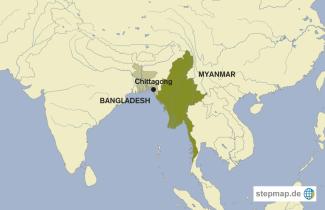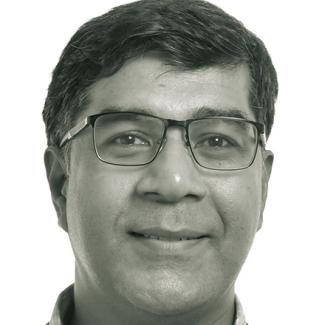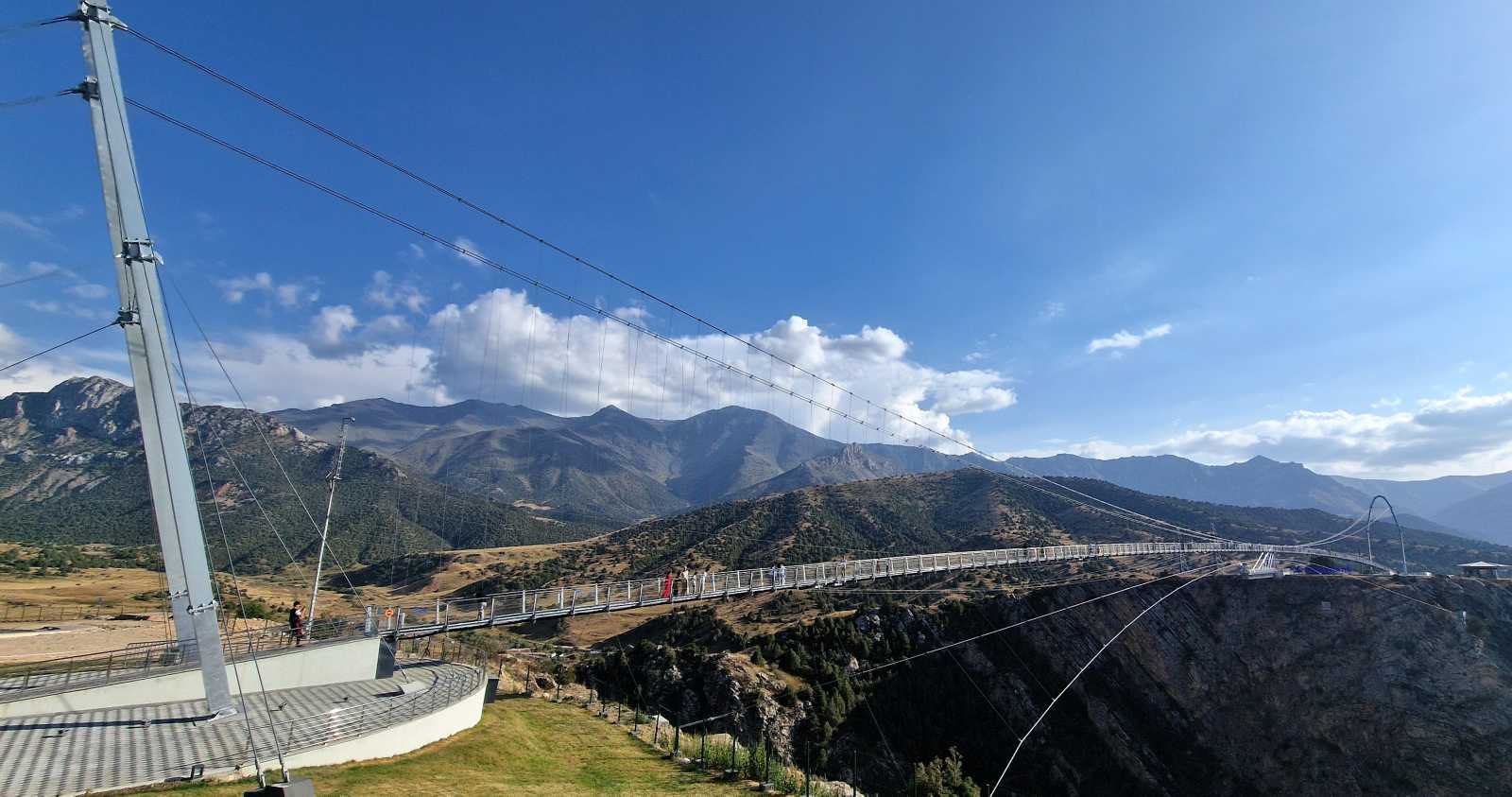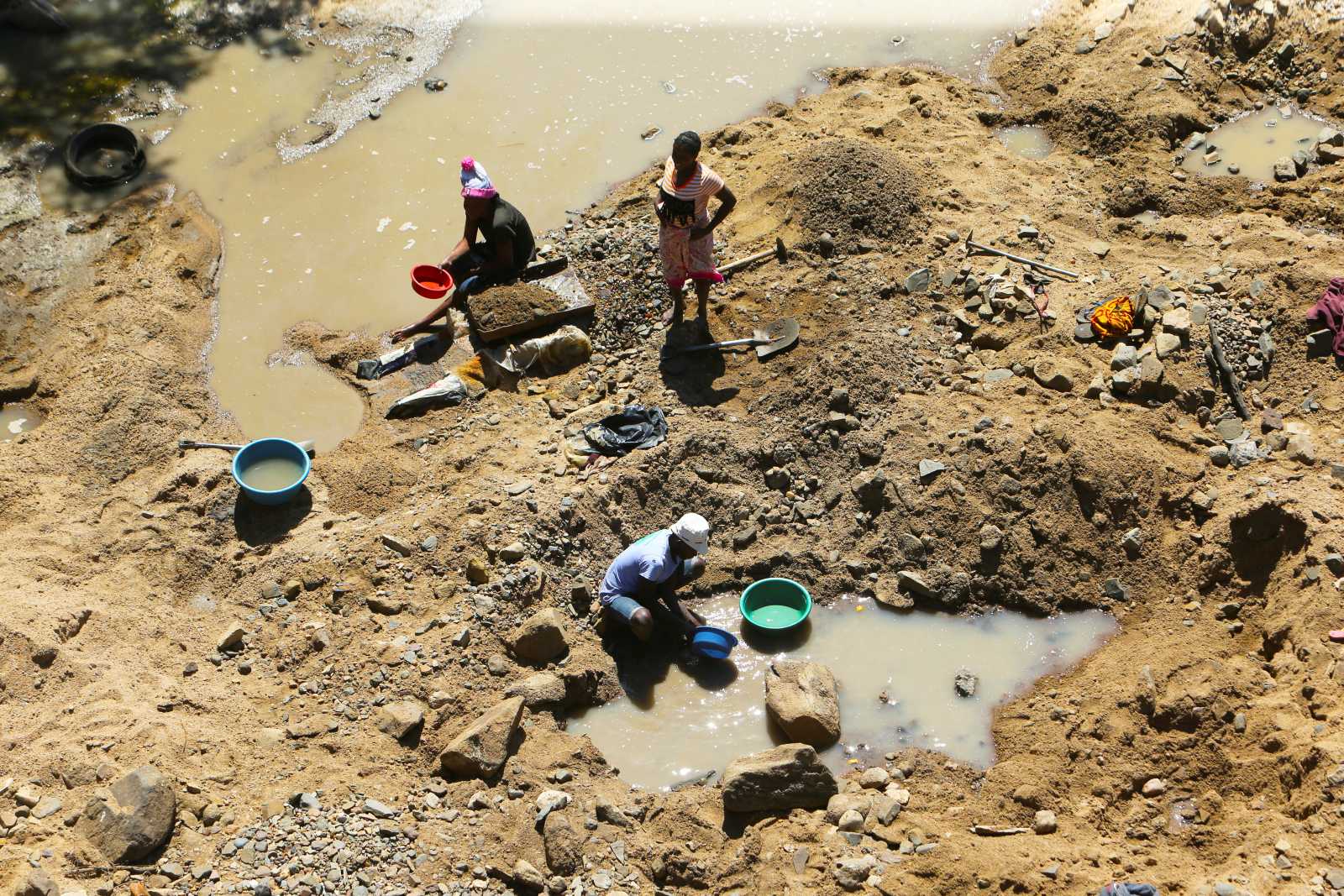Migration
Asian challenge

The Rohingya are an ethnic minority in Myanmar and probably the most persecuted people on earth. Myanmar denuded them of citizenship in 1982. They are officially seen as Bengalis who entered Myanmar from Bangladesh during British rule. The Rohingya are at home in Arakan (previously known as Rohang), which is part of Rakhine state in Myanmar today.
Rohingya’s mother tongue is not Burmese. Their language is largely the same as the Bengali dialect spoken in Chittagong, the big city in Bangladesh’s south-east, which is close to the Myanmar border, on the other side of which lies Rakhine state. Rohingya, like Bangladeshis, are mostly Muslim, whereas Myanmar is predominantly Buddhist.
According to the government of Myanmar, the Rohingya do not belong to its country. It excludes them from its official list of 135 recognised ethnic groups and denies them citizenship. However, the Rohingya have lived in Rohang/Arakan for about seven centuries, according to historic accounts. They were accepted as citizens from Myanmar’s independence in 1948 until 1982.
As early as the late 1970s, Rohingya fled to Bangladesh to escape persecution by Myanmar’s state agencies and its Buddhist majority. A second influx, of around 254,000 refugees, began in the early 1990s. The majority, around 234,000, were repatriated to Myanmar however.
Since 2012, persecution has been worsening in Myanmar. According to some studies, it is accurate to speak of slow-burning genocide. As life in Myanmar becomes increasingly impossible, more and more Rohingya are fleeing the country. Many of them first flee across the north-western border to Bangladesh from where they move on to other countries. Others go south to Thailand and try to reach Malaysia, Singapore or Indonesia from there.
The Bangladesh government is unsympathetic because of national security concerns and resource scarcity. In its country, around 33,000 registered refugees are languishing in camps, while an estimated 300,000 to 500,000 undocumented Rohingya live in villages and elsewhere, according to the government.
Travelling on from Bangladesh, many Rohingya disguise their identities. According to a semi-official estimate last year, some 50,000 Rohingya are staying in other countries with forged Bangladeshi passports. However, their employers tend to know that they are stateless, and that makes them more vulnerable to being abused at work and being denied basic human rights.
The plight of the Rohingya has a negative impact on many Bangladeshi migrants. Members of both communities often compete for jobs in the Gulf region or in South-East Asian countries like Malaysia and Singapore. Since many desperate Rohingya migrants accept jobs for very low wages, Bangladeshis are adversely affected. They too become vulnerable to exploitation and abuse.
Seen in this historical perspective and in view of international agreements and standards, denying the Rohingya citizenship is a severe violation of their human rights. Rohingya refugees are almost always migrants without valid legal documents, so these unfortunate, forlorn people are denied human dignity and human rights. Making matters worse, Rohingya people from Rakhine state as well as from refugee camps in Bangladesh tend to cross international borders on dangerous routes. In the lack of passports, they have no other choice.
The Rohingya’s statelessness in Myanmar and their refugee status in other countries, including Bangladesh, present a challenge for South Asian and South-East Asian nations. India is also involved given its 4000 kilometres of border with Bangladesh. The problems need to be resolved by all countries concerned.
As a regional organisation of South-East Asian nations, ASEAN should take the lead. Last year, ASEAN Parliamentarians for Human Rights (APHR), a human-rights group composed of legislators and other influential persons, called on ASEAN members to put pressure on Myanmar’s government in spite of their commitment to non-interference in domestic affairs (see article by Katja Dombrowski). They also called for a binding ASEAN convention on refugees. Bangladesh is not part of ASEAN, but its government should cooperate with this organisation so it will rise to the challenges.
Ridwanul Hoque is a law professor at Dhaka University and currently a visiting scholar at La Trobe University in Melbourne, Australia.
ridwandulaw@gmail.com








